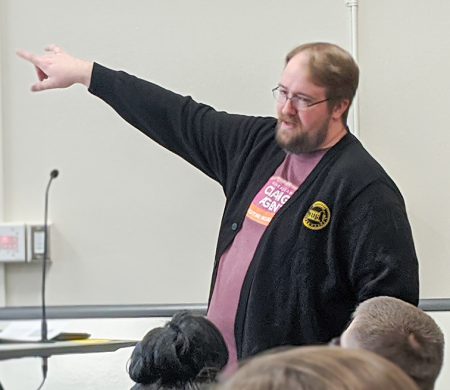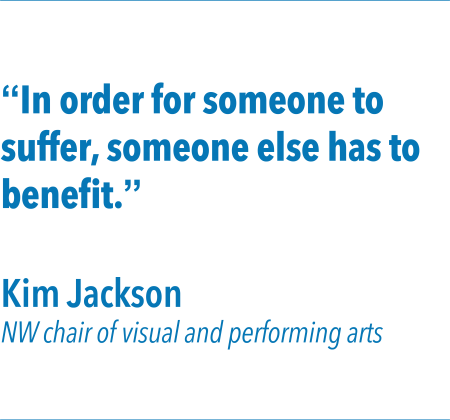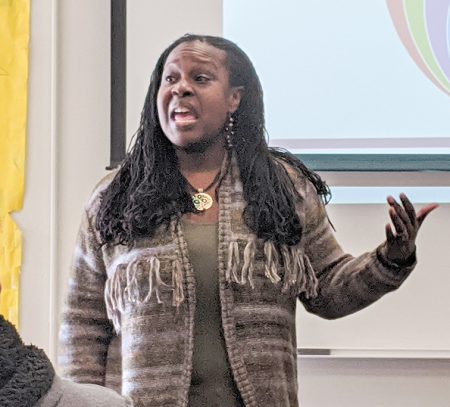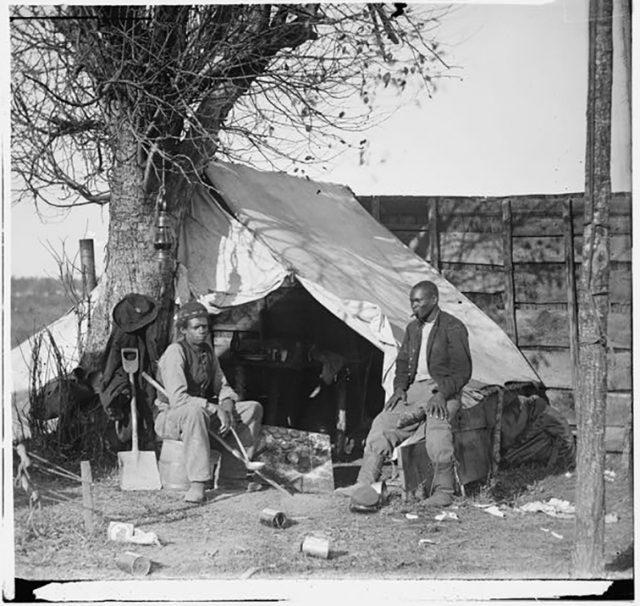| November 20, 2019 | Jill Bold | managing editor |
|---|

When students were asked about the advantages and setbacks they experienced in their lives during a demonstration of privilege and power, they compared their unearned differences among their fellow peers.
NW chair of visual and performing arts Kim Jackson and NE library manager James Ponder came together through The Equity and Inclusion Council to facilitate an open discourse on power and privilege in a town hall on NE Campus Nov. 14.
Privilege is the exclusive advantage or benefit afforded to certain people based on their group identity or status, according to Ponder. For Jackson, power is defined as control, strength and influence, and these concepts are sometimes judged harshly.
“In order for someone to suffer, someone else has to benefit,” Jackson said. “21st-century conversations about these issues have now shifted focus to not only look at the people who have been victimized, but also who benefits because that is who’s keeping it in place.”
Jackson acknowledged that having privilege is not a bad thing, but how it is utilized determines its value.
“How are you using those benefits to help others who don’t have those positions of power?” Jackson asked the audience.
Students were asked to reveal their unearned advantages in a privilege walk. Although students began roughly at one single starting point standing in a straight line, each question asking them to reveal their level of privilege showed how different everyone’s life experiences are.
NE student Curtis Wolzen participated in the exercise and reflected on how surprised he was to find himself pretty far in the back at the end of the exercise.
“I thought I’d be a lot further ahead in the privilege walk,” Wolzen said.
After asking participants to silently observe the differences displayed in the room to conclude this activity, Ponder brought the audience’s attention to a key takeaway.
“You have a very limited scope of vision up here in the front,” Ponder said. “Your natural view when you’re at this point in the room is you’re looking ahead, but the work that you put in is what allows you to turn around and meet the eyes of those behind you.”

Wolzen said he walked away more informed.
“It makes me think of a lot of things that previously I wasn’t thinking about,” Wolzen said.
Jackson reminded us about the advantages of a view from the back.
“I’m always in the back,” Jackson said. “The benefit of being in the back is that you get to see what it took, and you also get to see where you are and where you’ve been.”







































